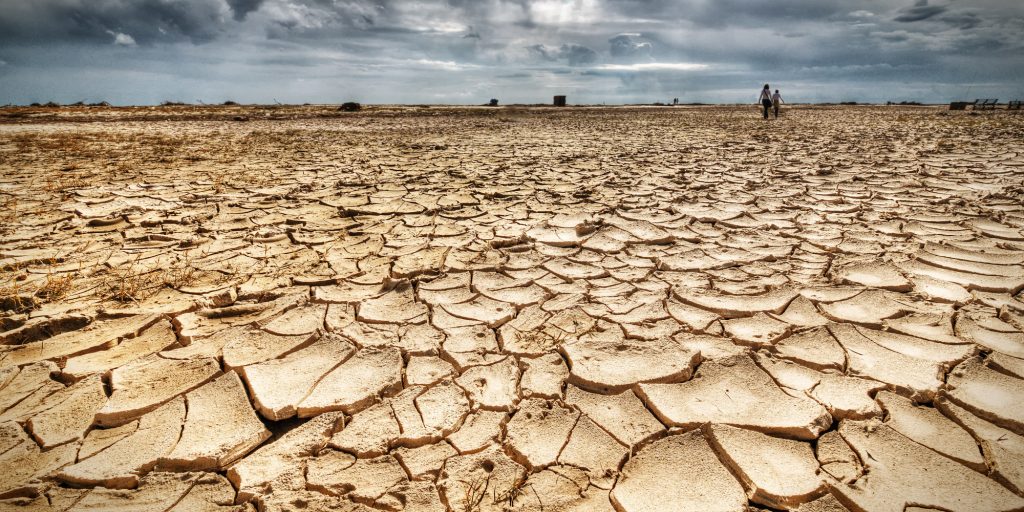A long time ago, when I was first attending yoga classes, I was a little Miss Sacrosanct about what went into my body after class. The feelings of lightness, balance, the peace – were states I didn’t want to make heavy with a glass of wine or a big meal. Often I’d stop and pick up sushi and have water with my dinner. Yoga days were clean body days. Fast forward to the year I met my husband, whose idea of a post bike ride reward was a Coke and Camel. Marriage, being the essence of compromise, allows me to ease up a bit on myself where a more extreme asceticism may have taken hold. But one thing I try very hard to practice as often as I practice yoga is hydration.

I’ve always presumed I wasn’t alone in this attitude. Everyone drinks water now, right? Isn’t the earth awash in little plastic bottles? But I’m constantly surprised by new students who not only don’t drink enough water (if they’re drinking any water at all on a regular basis), they’re still drinking too much caffeine or artificially flavored or sweetened beverages. And then they wonder why they’re so tight, or fatigued, or stressed, or just feel generally unwell after weeks or months of practicing yoga with me. “You’re drinking enough water, right?” “Well…not really.” I just learned that one student stretches a cup and a half of coffee to last all day. Another was drinking up to seven cups of coffee throughout his workday, right up until five o’clock. My eyes got big at that one. And here and there lurk the can of Diet Coke or the lunchtime iced tea in a styrofoam cup.
Seriously you guys.
The basic biology of hydration is pretty simple. Our bodies are mostly water. Up to 60% water. Our heart and brain are composed of about 73% water, the lungs about 83%. Water and minerals are key for keeping practically every system of the body running smoothly and efficiently. Other facts about water and biology:
- Water acts first as a building material and is a vital nutrient to the life of every cell.
- It regulates our internal body temperature by sweating and respiration.
- The carbohydrates and proteins that our bodies use as food are metabolized and transported by water in the bloodstream.
- It assists in flushing waste mainly through urination.
- It acts as a shock absorber for the brain, spinal cord, and fetus.
- It forms saliva.
- It lubricates joints.
From these few facts alone it’s pretty easy to grasp the importance of water and of a properly hydrated body. Think of every system in your body as an intricate waterway – muscle tissue, skeletal tissue; the digestive, respiratory, circulatory, nervous systems and all glandular and hormonal regulation – ALL are served by the water in your body. Some signs of dehydration include headaches, fatigue, dry skin, mouth and mucous membranes and muscle cramps.
And if that’s not all-encompassing enough, every single cell is composed primarily of water, too. And water molecules have to be able to cross the cell membrane to fully hydrate the interior. In order to do this, water needs a certain amount of surface tension or what water experts call “stickiness” to penetrate that membrane. Can you guess what most of our bottled water doesn’t have enough of? Even if you are drinking the “right” amount of water every day, if it can’t get into your cells, it’s not fully hydrating you.
The higher the mineral level in your water, the higher the surface tension and the better able that water is at penetrating your cell’s membranes. But most bottled water has been softened by filtration, purification or distillation. You might think the “cleaner” or purer the water, the better that water is for you. But the body needs not just the water, it also needs the minerals to keep all those systems functioning optimally. You need to be drinking water with a fairly high mineral content to reap the benefits of being optimally hydrated.
How much is enough and why not juice, tea or caffeine?
How much water you need daily to keep your body at minimal efficient functionality depends on weight and gender. On average, men need 3 liters and women 2.2 liters. This is the amount the body needs daily just to survive (much of which you will get from food and other liquids in addition to any specific water intake). Without having to measure how much water you’re drinking, you should drink enough water so that you’re going to the bathroom several times during the day (not once!) and so that your urine is very light to clear in color. Even if you don’t feel particularly dehydrated, darkened urine and infrequent urination are the most obvious signs that your body is not well hydrated. Caffeine tends to deplete the body of those necessary minerals. Teas and juices, while good for you in some ways (if they’re supplying vitamins and anti-oxidants, for instance), also contain sugar and sometimes calories. In addition, anything the body has to spend energy breaking down to get at the H20 and the minerals is energy it could be using for another vital process.
How do I get enough mineral content if I’m not getting it in my water?
Supplements and real, mineral-rich sea salt. Not the kind of salt that’s fine and white or even fancy kosher or sea salt, but the kind that’s a little moist, gray and coarse like Celtic Sea Salt. If you’re not sure that your diet is covering all your daily requirements for vitamins and minerals, consider a supplement. Your health food stores are usually equipped with at least one knowledgeable supplements person who can help you navigate what to me always looks like an overwhelming sea of products. Look for medical-grade supplements and bio-organic in the labeling. Until we can all do as food author Michael Pollan advises (“Don’t take vitamins. Eat like someone who takes vitamins”), a good mineral supplement and plenty of water every day will keep us hydrated, energized and feeling good. Let it take your yoga practice to the next level. Start by effectively hydrating your body every day and you’ll be relieved and amazed at the difference it makes.
Want to know more?
U.S. Geological Survey – The Water in You
Agriculture Society – Hydration & Adrenal Exhaustion
Water Benefits Health – The Benefits of Celtic Sea Salt
